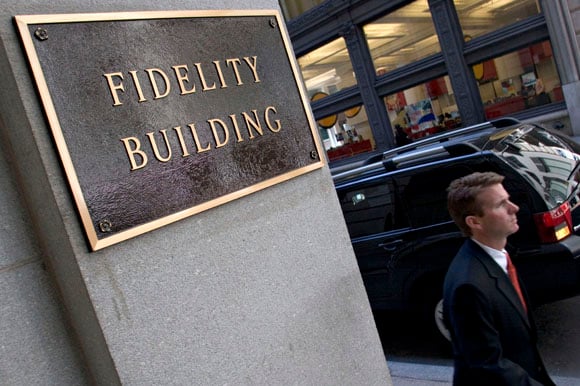In a survey of 173 advisers who went independent in the past five years, 76% said they are better off financially because of the move.
Fidelity Institutional Wealth Services says it has some objective data showing that moving to an independent channel can pay off for an adviser.
In a survey of 173 advisers who went independent in the past five years, 76% said they are better off financially because of the move, Fidelity says.
That result was somewhat surprising because “it was a difficult five years,” said Michael Durbin, president of Fidelity Institutional Wealth Services.
The survey was conducted by Cogent Research between Sept. 26 and Oct. 13, 2011. Survey respondents did not know Fidelity was sponsoring the research, and polled advisers from an independent database, Mr. Durbin said.
The advisers had to have assets of $10 million or more.
Eight-six percent of the newly independent advisers said that all or most of their clients moved with them. Three out of 10 said they were able to keep all of the clients they wanted.
“Data about [transfers] has been anecdotal — like 70% of clients move,” Mr. Durbin said. “We’re trying to layer in some empirical data” on a key measure for a successful transition.
Surveyed advisers did report some problems with the transition process: 58% said that it was somewhat or extremely difficult to re-paper their clients’ accounts. And advisers wished they had more support, or had planned more, for compliance, technology and marketing, Fidelity said.
In contemplating a move, the breakaway advisers considered the independent-broker-dealer channel the most often (80%), compared to an RIA start-up firm (30%) or an existing registered investment advisory firm (23%).
The independent-broker-dealer channel “is still a bigger channel in terms of its footprint, with big broker-dealers being very visible and active in recruitment,” Mr. Durbin said.
In addition, the majority (54%) of movers did so without strong influence from outside parties such as a recruiter, Mr. Durbin said.
“We think that is a bit of a surprise for us because we engage a lot of them” in recruiting efforts, he said.
“We interpret that [result] as [showing that] the decision to go independent is personal, private and emotional,” Mr. Durbin added. “A lot did some soul-searching on their own” in deciding on a career change.
Fidelity’s RIA custody unit holds $502 billion in assets for more than 3,000 RIA clients.







